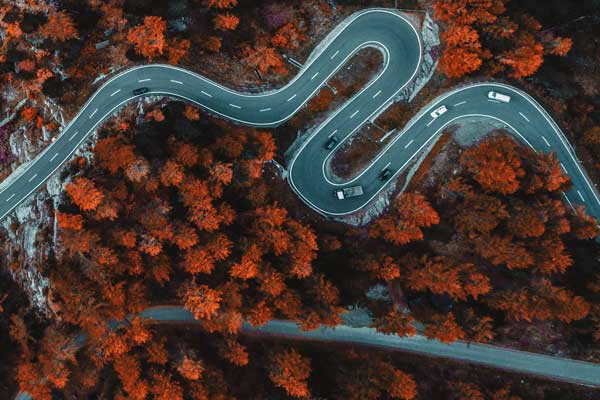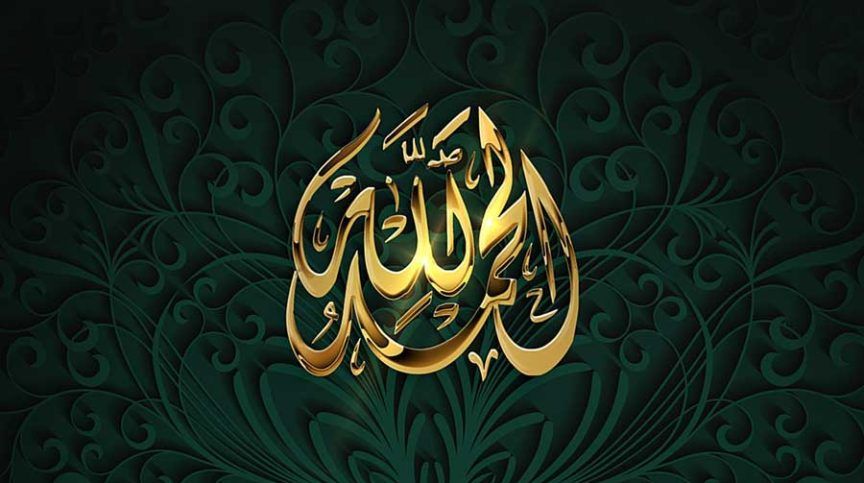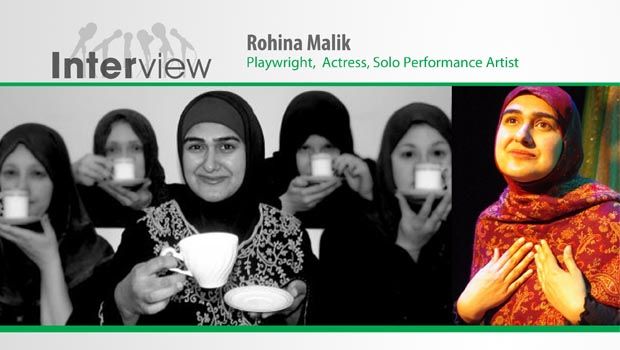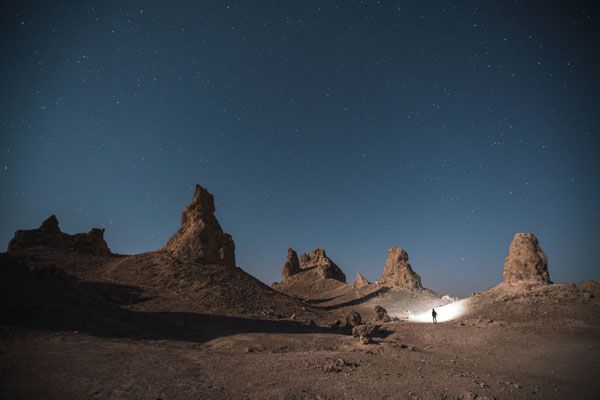It started with the innocent musings of a child.
I would look at the lines that zig-zagged across the palms of my hands. On my left hand, two lines cross to form the Arabic symbol for the number 8 and then next to it is a single line that forms the Arabic symbol for the number 1. On my right hand, the order switches so the 1 comes first and then the 8. So, my left hand looks like 81 in Arabic and my right hand 18; 81 plus 18 is 99. There are 99 Names of Allah. Boom. For 10-year-old Sarah, that was more than enough proof that Islam was the truth.
Now that I’m older, and perhaps a bit wiser, while I can still recognize that there is an eerie beauty to be found in these small signs, my faith in Allah does not rely upon them. Rather my faith, my trust in His wisdom, my fear of His wrath, and ultimately my hope for His mercy, all have arisen through realizing the importance of getting to know and invoking Allah by how He has chosen to reveal Himself.
One of the mercies of Allah is that He has blessed us with so many of His Names and Attributes and then He has given us the freedom to choose the ones by which we remember Him. So, the Names that I’ve chosen to focus on in this article are by no means any more powerful or valuable than the rest of His Names, but rather these are the Attributes of Allah that I have built a strong emotional connection to and that I, personally, have found to be a salve for my soul. “And to Allah belong the most beautiful Names, so invoke Him by them…” (Qur’an 7:180).
Al-Quddus / The Holy
If we look at the references to Al-Quddus in the Qur’an, both times Allah chose to mention this Attribute (59:23 and 62:1), He places it right after Al-Malik. There is a powerful symbolism here — Al-Quddus, The Holy, the One who is free of any kind of imperfection, is also Al-Malik, The King, The Sovereign One to whom everything belongs. Allah being Al-Malik speaks to His complete authority and dominion, but what differentiates a benevolent king from a tyrant is not just power, but what they do with that power. A tyrant uses it to be the primary perpetrator of injustice. But for Allah to reveal Himself as Al-Quddus directly after mentioning Al-Malik emphasizes not just His power but His glorified holiness and His unique right to be worshipped and obeyed by His creation.
We also see how Allah chose to grant some element of sacredness to some of His creations. Masjid Al-Aqsa in Jerusalem is often referred to as Bayt al-Muqaddas, “The Purified House.” And He bestowed upon the Angel Jibreel the honorific of Ruh ul-Quds, “The Holy Spirit” (16:102). Of course, in no way are we comparing the quds of Masjid Al-Aqsa and Angel Jibreel to Al-Quddus Himself; but because Allah allowed select creations to carry some measure of sanctity, we can use that as a way of trying to comprehend the limitless holiness of Allah.
Al-Musawwir / The Fashioner
Allah is the one who fashioned, shaped, and perfected us into our distinct forms and natures. He who has infinite wisdom chose to create us in this way. As human beings, we have a distinct status that Allah, our Creator, has bestowed upon us. It is really sad that so many of us treat these bodies that we have been gifted, so callously. Whether it’s by starving ourselves, binge-eating, falling into addictions, engaging in self-harm, or the multitude of other ways we abuse ourselves, most of us don’t treat our bodies as the amanah that they are.
Yet, if only we could see ourselves how Allah describes us. The Fashioner who made all of creation, designed the universe and all the multitudes of animals and plants and insects within it, Al-Musawwir Himself, says that, indeed, He created us, human beings, “in the best of forms” (see Quran 95:4). Thus, even as we face our own individual struggles with self-image, we should take comfort in that, in the eyes of Allah, we are an honored creation.
Al-Awwal, Al Akhir / The First, The Last
Allah is The First. He has no beginning and He has always existed. And He is The First in terms of priority as well; adhering to His Commands must come first before fulfilling any of our desires. Allah is also The Last. He will be there even as all of us fade out of this earthly existence because He alone is eternal, and it is His pleasure that is the ultimate goal. Instead of getting caught up in the worldly results of our efforts, if we focus on Him as the sole finality, we would be able to find some measure of contentment in all of His decrees.
That Allah is Al-Awwal and Al-Akhir covers every possible scenario – every single thing falls within His dominion, nothing escapes His presence as He exists outside the limitations of space and time, and He is with us, when we start and when we end, and all throughout and in between.
Al-Wahhab / The Giver
Al-Wahhab is one of the names of Allah that should evoke a powerful emotional response, particularly in du’a. Allah gives because He is generous. He gives beyond what we could ever hope for. He gives and He gives and He gives, and even when we are so completely undeserving of it, He never ceases to give.
Al-Wahhab shares a root with the Arabic word hibah which translates into gift, and so we can look at everything He gives us as gifts. And the thing about gifts is that they are given out of affection – it is unlikely that one gives a gift to someone who they couldn’t care less about. At the same time, gifts are also highly personalized – the giver chooses the gift based on their knowledge of the recipient. And so, Allah is The Giver, and the gifts we keep receiving are a sign of His love and care and, as He is the All-Knowing, every gift that He has bestowed upon us is perfectly suited to our exact needs and desires.
Al-Fattah / The Opener
Fath-Makkah refers to when the Prophet (s) returned to Makkah for the first time after the migration to Madinah. It’s commonly translated as Conquest of Makkah, and certainly “fath” does mean victory and conquest, but fath also has a second meaning of something being opened or being revealed. Fatiha, as we all know, is the opening chapter of the Qur’an and reciting Surah Fatiha sets us up to engage with the remainder of the Book of Allah.
So, Al-Fattah is the one who grants victories, but He is also The Opener – the one who opens all things for us. And really this idea is quite humbling. Al-Fattah opens up all possibilities, whether it be in terms of our spirituality (guidance, knowledge, Paradise), in terms of our livelihoods (status, resources, wealth), in terms of our relationships (love, companionship, family), or in any and all other aspects of our lives. He truly is the opener and the granter of all kinds of victories.
Part two of this article is coming soon and will cover six additional Names of Allah SWT.





